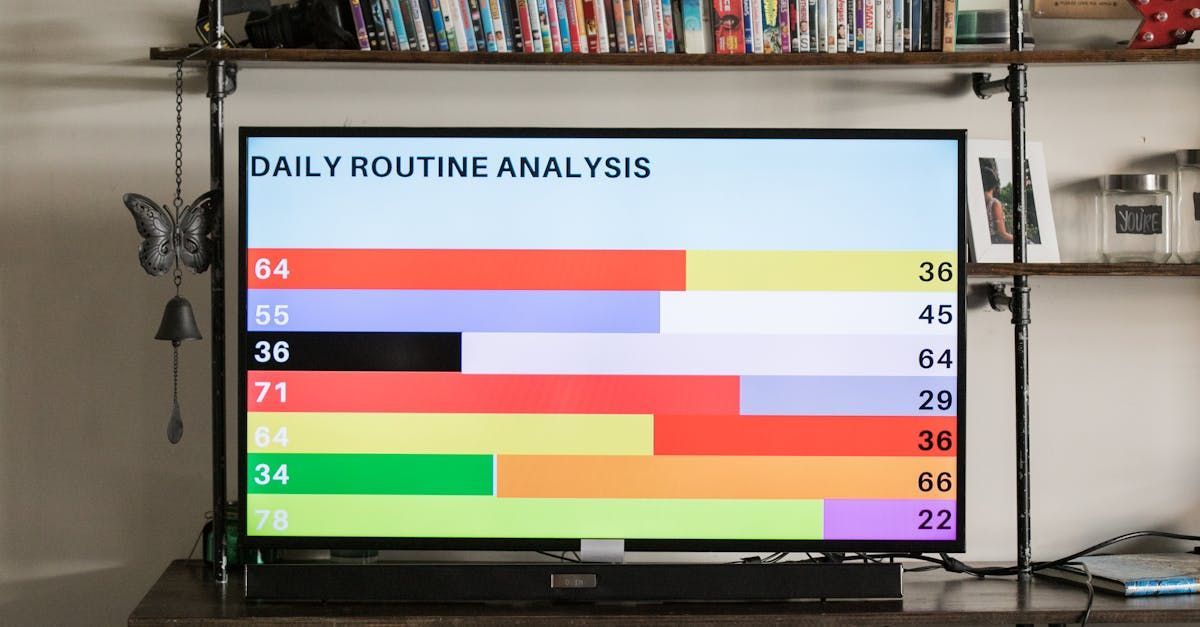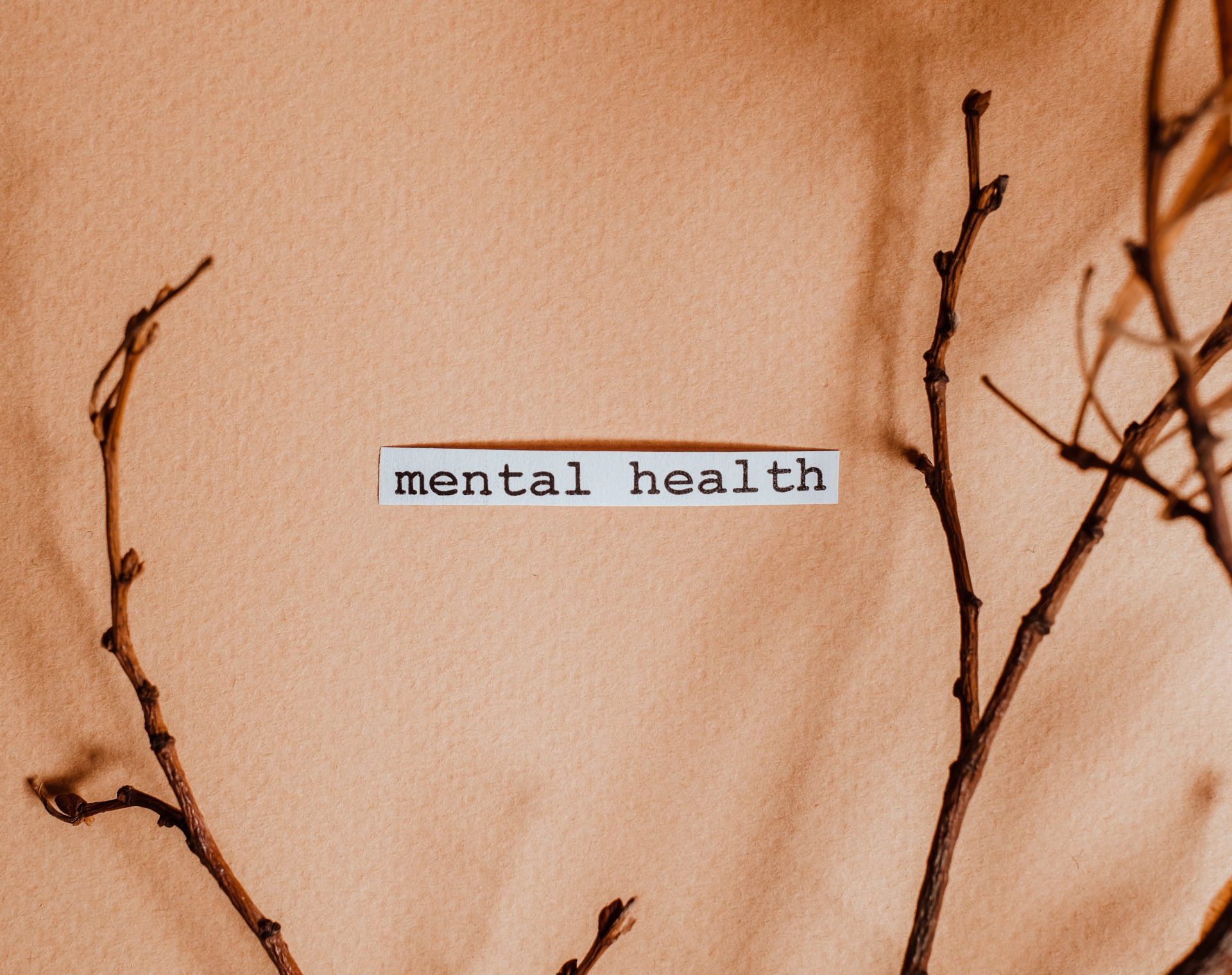The Judgment Wound: Healing Through Understanding and Compassion
How to Show Yourself Grace and Build a Resilient Mindset

Imagine this: you're sharing a personal story with your friends, something that means a lot to you. Instead of receiving understanding or empathy, your friends laugh it off or make a light-hearted joke at your expense. Even though the conversation moves on, the sting of those reactions lingers, making you feel vulnerable and second-guessing whether you should have shared at all.
Now, picture yourself in a meeting at work, presenting an idea you're excited about. Instead of receiving encouragement or constructive feedback, you're met with criticism and dismissive comments. Even though the meeting ends, the sting of those words lingers, affecting your confidence and making you second-guess yourself. These are examples of how the judgment wound can manifest in everyday life.
Have you ever felt extra sensitive to criticism or worried about what others think of you? These feelings might come from something called the "judgment wound." This term describes the deep emotional scars left by others' criticism and judgment. These wounds can affect our self-esteem, relationships, and overall mental health.
The judgment wound is not just about occasional negative feedback; it’s about repeated experiences that leave a lasting mark. These wounds can shape how we see ourselves and how we interact with the world. They can make us doubt our abilities, fear taking risks, and avoid situations where we might face judgment. Over time, this fear can lead to a cycle of self-criticism and anxiety that’s hard to break.
The judgment wound is how we psychologically and emotionally respond to feeling judged, criticized, or shamed. This wound can start forming in childhood, maybe from parents or teachers who scolded you often, or from social interactions where your actions or choices were harshly criticized. Over time, these experiences can create a deep fear of judgment, making you overly self-critical, anxious, and sensitive to what others think.
The roots of the judgment wound often lie in our early years. Children are especially vulnerable to criticism because they’re still figuring out who they are. When they receive harsh or frequent criticism, they might internalize those negative messages, believing they’re not good enough or that their worth depends on others’ approval. This can lead to a fragile sense of self-esteem that can persist into adulthood.
Signs of a Judgment Wound
Recognizing the signs of a judgment wound is the first step toward healing. Common indicators include:
- Excessive Self-Criticism: Frequently doubting oneself and engaging in negative self-talk.
- People-Pleasing: Going out of your way to gain approval from others, often at the expense of your own needs.
- Fear of Criticism: Avoiding situations where you might be judged or criticized.
- Perfectionism: Striving for flawlessness to avoid negative judgment.
- Social Anxiety: Feeling overly anxious in social situations due to fear of being judged.
Understanding the signs of a judgment wound is crucial for recognizing its impact on your life. Once you've identified these signs, it's important to know how to address them effectively. While a health coach can provide valuable support in developing healthier habits and a more positive mindset, it's essential to differentiate their role from that of a therapist. When dealing with deeper emotional wounds, knowing when to seek professional mental health support can make a significant difference in your healing journey. Let's explore the distinct roles of a therapist and a health coach in this context.
Therapist vs. Health Coach: How Each Can Help
When it comes to healing from a judgment wound, both therapists and health coaches offer valuable support, but their approaches and areas of expertise differ. Here's a breakdown of how each professional can help:
- Therapists are essential for deep emotional healing, addressing trauma, and treating mental health conditions that may stem from or contribute to judgment wounds. They provide the tools and techniques needed to understand and process complex emotional issues, making them ideal for individuals needing intensive therapeutic support.
- Health Coaches focus on practical, everyday strategies to improve overall well-being. They help clients build healthy habits, set and achieve goals, and develop self-compassion and confidence. Health coaches are ideal for individuals looking to make lifestyle changes and incorporate wellness practices into their daily routine.
Together, both therapists and health coaches can provide a comprehensive approach to healing judgment wounds, each offering unique strengths to support the journey toward greater self-acceptance and well-being.
Healing the Judgment Wound
The judgment wound can really impact how we see ourselves and interact with others. But with some understanding and compassion, we can heal these wounds and develop a stronger, more positive mindset. By practicing self-compassion, being mindful, and challenging our negative thoughts, we can start to overcome the fear of judgment and embrace a healthier, more confident version of ourselves.
Healing this wound isn't something that happens overnight; it takes time and commitment. As you work on these strategies, remember that progress might be slow, but every step forward is a move toward greater self-acceptance and inner peace.
At Howard 360, we believe in the power of self-awareness and compassionate healing. If you recognize the signs of a judgment wound in yourself, take the first step toward healing by exploring our resources and support services. Embrace the journey of self-discovery and transformation, and let us help you build a stronger, more resilient you. We offer personalized coaching and workshops designed to help you develop the skills and mindset needed to heal from the judgment wound and live a more fulfilling life.
*NOTE* A health coach is a valuable resource for improving overall wellness and achieving personal health goals. However, a health coach is not a replacement for therapy. If you are struggling with serious emotional or mental health issues, it is essential to seek professional mental health support from a licensed therapist or counselor. Your mental health is important, and professional guidance is crucial for addressing serious concerns.










